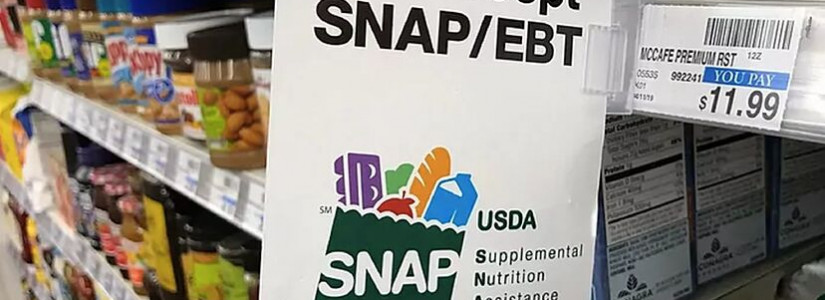Government Shutdown 2025: How It Affects the Military, Air Travel, Health Services, and Nutrition Programs

The U.S. government shutdown that began October 1, 2025, is rippling across essential services, sparking concerns for millions of Americans who depend on them.
While Social Security, VA, and SNAP benefits are protected in the short term, other vital areas of government face disruptions that could worsen the longer the shutdown lasts.
Read:
- U.S. Government Shutdown 2025: What It Means for Your Social Security, VA, and SNAP Benefits
- Housing Market in Limbo: How the Government Shutdown Impacts Mortgages, Flood Insurance, and Homebuyers
Military and Veterans
Active-duty service members and guard reserves will continue their duties, but paychecks are delayed until Congress approves funding. Civilian defense employees face furloughs.
New military orders are halted, except for emergencies like disaster response or national security needs.
For veterans, 97% of VA staff remain on duty, ensuring benefits like pensions and disability payments continue.
However, regional offices are closed, and non-critical services such as cemetery maintenance and hotline communications are suspended.
Get a clearer picture: Government Shutdown 2025: Why It Happened, How Long It Could Last, and What It Means for Your Benefits
Air Travel
The skies remain safe, 13,000+ air traffic controllers will keep working, though unpaid.
Essential functions like plane certifications and safety oversight continue.
But hiring, training, and FAA facility inspections are frozen, creating potential backlogs that may extend long after the shutdown ends.
Industry groups warn this could weaken U.S. aviation efficiency and delay critical modernization efforts.
Department of Health and Human Services (HHS)
With nearly 40% of HHS staff furloughed, only “excepted” activities continue, such as pandemic and disaster responses, clinical services at the National Institutes of Health (NIH), and emergency medical research.
But NIH will freeze new research grants and halt admitting new patients unless medically necessary.
Administrative services like Freedom of Information Act (FOIA) processing are also suspended.
Food and Drug Administration (FDA)
The FDA will still respond to public health threats like foodborne illness outbreaks and dangerous drug recalls.
But new drug applications and medical device submissions will not be processed.
Critically, food safety programs are cut back, the agency warned it cannot guarantee the safety of meat, milk, and eggs from livestock if the shutdown continues.
Long-term food safety initiatives are paused.
Centers for Disease Control and Prevention (CDC)
The CDC continues disease outbreak monitoring, but faces reduced ability to inform the public and support state health departments. Programs addressing opioid overdoses, diabetes, and HIV prevention are scaled back.
About one-third of CDC staff remain on duty, leaving major gaps in disease surveillance and public health guidance.
Education and Student Loans
The Department of Education will continue disbursing Pell Grants and federal student loans to 10 million students, ensuring financial aid reaches schools. But borrowers must keep making payments during the shutdown.
Meanwhile, 95% of non-aid staff are furloughed, and new grant-making activities are suspended.
Nutrition Programs (SNAP & WIC)
The Supplemental Nutrition Assistance Program (SNAP) and Women, Infants, and Children (WIC) are funded through October, thanks to contingency reserves.
Beyond that, their continuation depends on Congress or additional funds from the USDA.
SNAP may manage longer with multiyear funding, but WIC faces a greater risk: some experts warn services could stop within a week if no new funds are provided.
Millions of low-income mothers and children could lose access to nutrition support.
Bottom Line
While some essential services, from the military to SNAP benefits, are shielded from immediate collapse, the longer the shutdown lasts, the deeper the disruptions will become.
From delayed military paychecks and stalled student loans to weakened food safety oversight and endangered nutrition programs, the ripple effects could hit households nationwide if Congress doesn’t strike a deal soon.
-
Don't miss out on general benefits information!
Subscribe for the latest updates, expert advice, and valuable tips to help you maximize your benefits and financial well-being.
Stay informed—sign up now!












